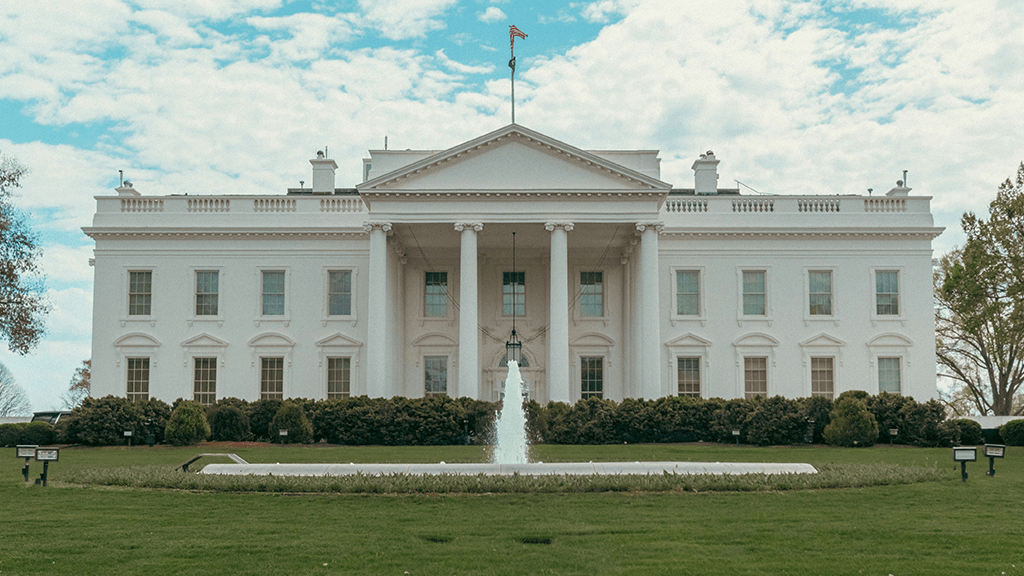- February 15, 2026 7:53 pm
- California

April 29, 2025: Donald Trump’s second term has reached the 100-day mark under sustained public skepticism, with national approval ratings hovering around 38–41%, depending on the pollster. The administration faces significant headwinds on both domestic and international fronts, complicating its early agenda.
Key legislative initiatives—including proposed cuts to the Department of Education, expanded tariffs on Chinese imports, and a controversial executive order limiting federal agency DEI mandates—have generated pushback not only from Democrats but also from centrists within the Republican Party. The White House has prioritized deregulation, border enforcement, and energy policy rollbacks, echoing themes from Trump’s first term.
The reintroduction of strict immigration measures, including mass deportation orders and military mobilization along the U.S.-Mexico border, has escalated tensions between the federal government and several Democratic governors. At least three lawsuits have been filed challenging the legality of these policies under both constitutional and international law.
Foreign policy strategy remains volatile. Trump’s administration has scaled back defense assistance to Ukraine, drawing criticism from NATO allies and bipartisan voices in Congress. At the same time, recent overtures toward re-engagement with North Korea and a confrontational posture toward the European Union on trade have raised questions about strategic coherence.
Economic signals are mixed. Job growth remains modest, inflation is slightly elevated, and market confidence has been affected by renewed trade uncertainty. Business groups have welcomed corporate tax cuts but are wary of volatility in global supply chains.
Trump continues to rely heavily on direct-to-base messaging via Truth Social and campaign-style rallies. Critics argue that this has undermined administrative discipline and confused policy rollouts. Support remains solid among Republican primary voters, but independent voters show fatigue.
With midterm positioning already underway, Republican leadership balances legislative loyalty with growing concern over public opinion trends. Multiple GOP senators have publicly urged the White House to moderate its tone and expand outreach beyond its base.